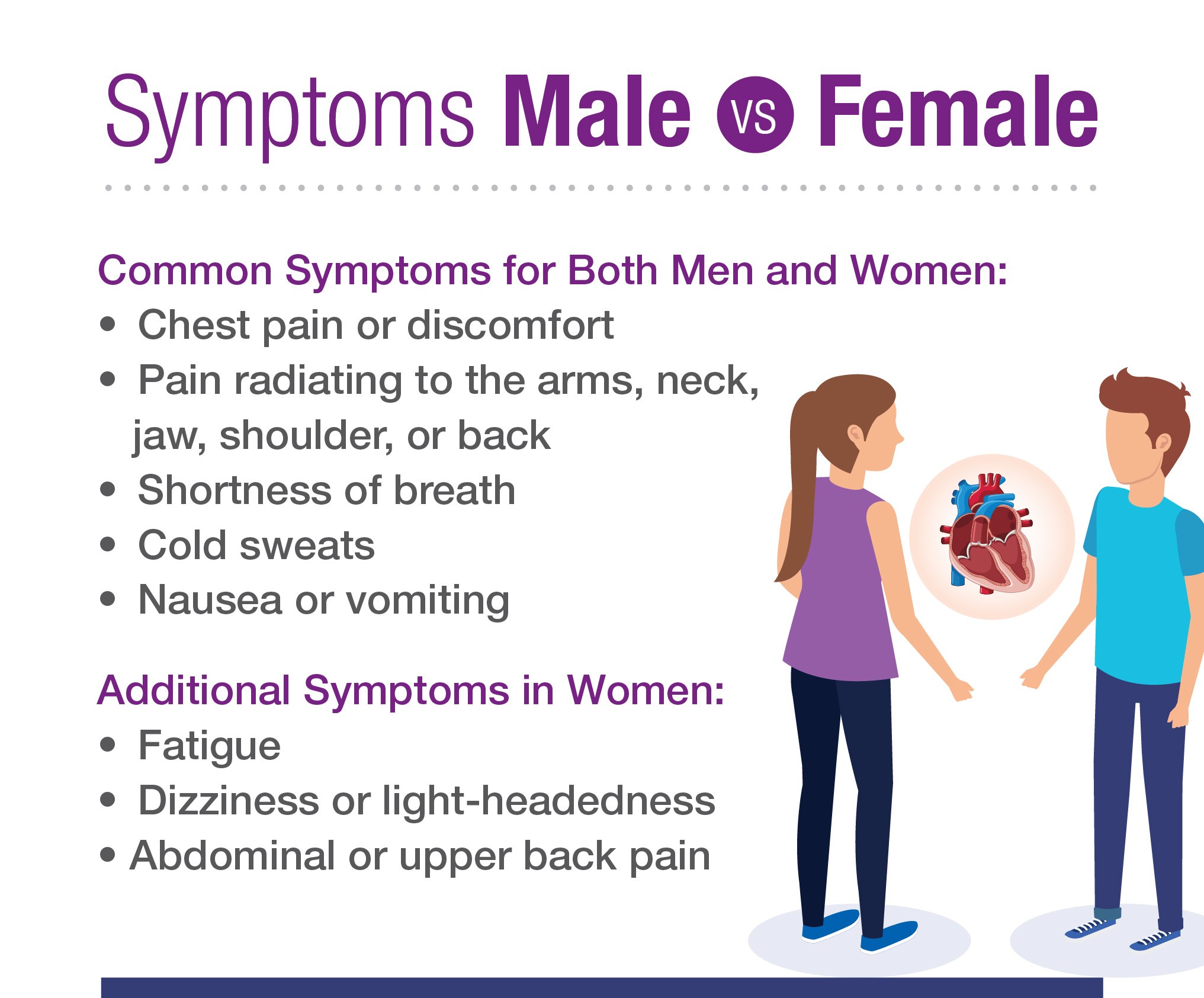
Saturday, September 2, 2023
5 Warning Signs Before a Full-Blown Heart Attack
Indeed, heart attack often comes unannounced, but in more than 50% of the cases, heart attack is preceded by warning signs. These pre-heart attack symptoms, if addressed early, can prevent a major catastrophe.
Here are a few early signs and symptoms that should prompt you for a detailed heart checkup:
1) Chest discomfort upon walking:
Heart-related chest discomfort does not need to be over the left side of the chest. It can be located over the centre of the chest or the right side. At times, the discomfort can be over the upper abdomen, mimicking stomach upset. In fact, heart-related discomfort can be anywhere from the jaws, all the way down to the naval level, and can extend to either of the arms. Before a heart attack, such discomfort typically happens during physical activity like walking, cooking, or climbing stairs, and gets relieved upon rest. The discomfort lasts for a few minutes overall. An urgent medical evaluation and treatment at this stage can prevent a major heart attack. In a full-blown heart attack, the symptoms may never resolve until an emergent life-saving treatment is provided.
2) Breathing difficulty:
A few patients experience breathing difficulty rather than chest discomfort. This symptom also occurs only during physical activity early on, before an actual heart attack when the breathing difficulty becomes constant.
 3) Fainting:
3) Fainting:
Sometimes, fainting is the very first sign of an early heart attack. Such patients typically get up after a few seconds of fainting episodes, as if nothing has happened. While there can be many causes of transient fainting, pre-heart attack is one of them. In a major heart attack, the patient may never regain consciousness unless an emergency treatment is provided. Even then, it may be too late.
4) Stomach upset:
Few patients, particularly elderly or those with Diabetes, may experience upper abdomen discomfort which may confuse us as acidity or indigestion. It may or may not be associated with nausea or vomiting. We should be suspicious of such symptoms, particularly if they occur in someone who has never had acidity-related issues before.
5) Excessive sweating:
If you see someone sweating out of proportion to the environment, particularly if associated with any of the symptoms mentioned above, you should strongly suspect it to be due to a heart attack. This is particularly true if sweating happens in cool or pleasant surroundings.
An ECG and Echo is often sufficient to diagnose a heart attack. In a few cases, additional blood tests may be required. But in patients with symptoms suggestive of a pre-heart attack, all these tests will be normal. A cardiologist can identify such patients and guide them for further evaluation as needed to ensure that a future heart attack is prevented.
